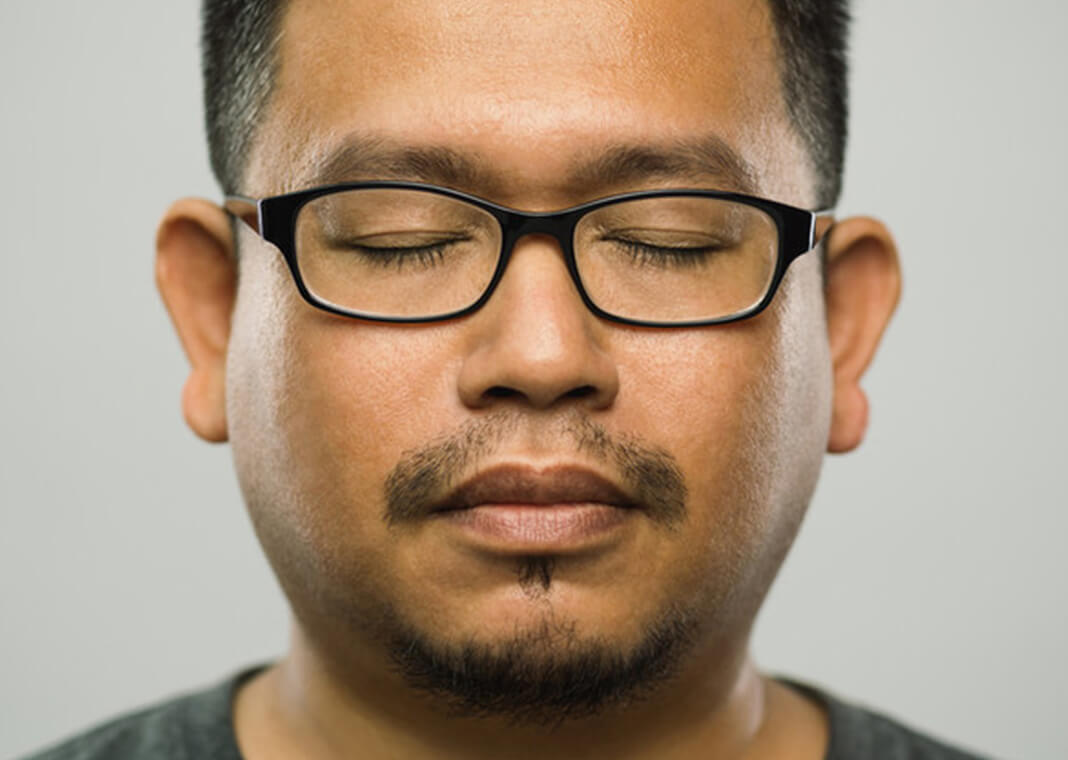By David L. Fleming, SJ
From What Is Ignatian Spirituality?

The goal of the spiritual life, as Ignatius conceived it, is to “choose what better leads to God’s deepening life in me.” This is a dynamic goal. We are to choose—to freely unite ourselves with God. Most of the time this means that we are to join with God in active work in the world.
This active life rests on a foundation of reflection. Ignatian spirituality teaches us to discern the footprints of God in our own experience. It shows us how to look back on our lives, to sift through our memories in order to see the way God has been dealing with us over the years. It teaches us how to find God in the present moment—in the relationships, challenges, frustrations, and feelings that we are experiencing today. The tools and methods of Ignatian spirituality instill in us habits of prayerful, thoughtful reflection.
An Indispensible Tool
Ignatius made this clear in the way he arranged the Spiritual Exercises. He begins the retreat with the Principle and Foundation, which states in concise form Ignatius’s vision of God’s purposes in creating (“to share life with us forever”), the purpose of the things he created (“presented to us so that we can know God more easily and make a return of love more easily”), and the goal of the retreat (“to choose what better leads to God’s deepening life in me”). Ignatius then presents a method of reflective prayer that he calls “the particular and daily examen.” This surprises many who undertake the Exercises. The examen seems to be a digression from the real business of the retreat.
But Ignatius deliberately put the examen at the beginning. The examen is an indispensable tool to realize the purpose of the Spiritual Exercises—to detect God’s presence and to discern his will through close attention to the subtle interior movements of God’s spirit. It is the cornerstone of Ignatian prayer.
The Examen Prayer
Ignatius wanted his Jesuits to make the examen a daily habit. He understood that the press of work or illness might sometimes make it impossible for Jesuits to have an extended time of daily prayer. But he insisted that they never omit the examen. Twice a day, about midday and again before retiring, Jesuits were to pause for a while and review the events of the day in a spirit of prayerful reflection. This is one of the few rules Ignatius laid down for prayer.
The examen that Ignatius outlined in the Spiritual Exercises has five points: 1) be grateful for God’s blessings; 2) ask the help of the Spirit; 3) review the day, looking for times when God has been present and times when you have left him out; 4) express sorrow for sin and ask for God’s forgiving love; 5) pray for the grace to be more totally available to God who loves you so totally. Over the years, Jesuits and others have developed many versions of the examen. They are like successive editions of a great textbook. They are based on the same insight and ideas, but they differ in order to emphasize certain things and to adapt to diverse audiences.
Because the word examen seems to indicate a kind of introspection, probably the greatest emphasis should be placed on the examen as praying. Ignatius tries to emphasize this point by making his first point of the examen prayer one about gratitude to God.
We might outline the examen prayer as follows:
The Examen of Consciousness
A Prayer to God
God, thank you.
I thank you, God, for always being with me, but especially I am grateful that you are with me right now.
God, send your Holy Spirit upon me.
God, let the Holy Spirit enlighten my mind and warm my heart that I may know where and how we have been together this day.
God, let me look at my day.
God, where have I felt your presence, seen your face, heard your word this day?
God, where have I ignored you, run from you, perhaps even rejected you this day?
God, let me be grateful and ask forgiveness.
God, I thank you for the times this day we have been together and worked together.
God, I am sorry for the ways that I have offended you by what I have done or what I did not do.
God, stay close.
God, I ask that you draw me ever closer to you this day and tomorrow.
God, you are the God of my life—thank you.
Sometimes our prayer can get formal and abstract. The Daily Examen keeps our feet on the ground. This reflective, Spirit-led review of the day grounds our prayer in concrete reality. Because we are God’s sons and daughters living in a world that he loves and sustains, we can be assured that we can hear his voice in our lives in this world.
There is one final advantage to making a habit of the Daily Examen: We will never run out of things to pray about. Sometimes prayer gets dry. Sometimes we wonder what to say to God. The examen eliminates these problems. As long as we have twenty-four hours to look back on, we will have hundreds of things to talk to God about—and to thank him for.
Excerpt from What Is Ignatian Spirituality? by David L. Fleming, SJ.
Related Links
Rummaging for God: Praying Backwards through Your Day by Dennis Hamm, SJ
A Spirituality of the Heart by David L. Fleming, SJ
Prayer Is a Conversation by David L. Fleming, SJ
